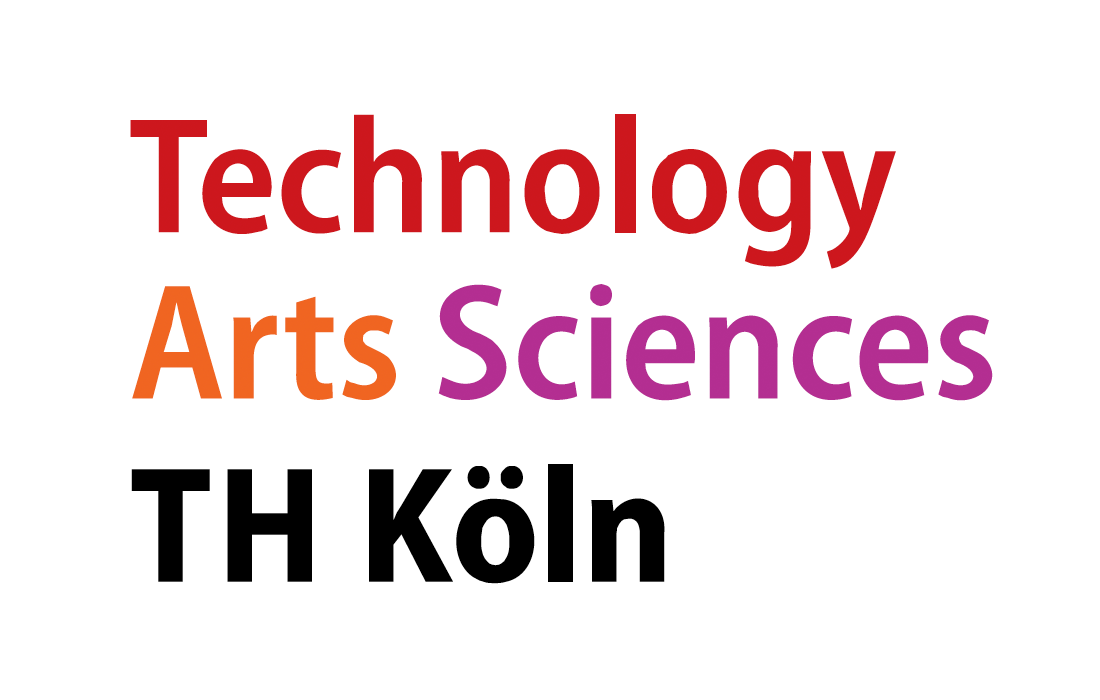Mapping to Focus Areas
Below, you find the module's mapping to the study program's focus areas. This is done as a contribution to all relevant focus areas (in ECTS, and content-wise). This is also relevant for setting the module in relation to other modules, and tells to what extent the module might be part of other study programs.
| Focus Area |
ECTS (prop.) |
Module Contribution to Focus Area |
| Architecting and Coding Software |
3 |
By designing modern network services students expand their compentences in requirements engineering, design of software architectures and evaluation of state-of-the-art protocol stacks, frameworks, and tools for IP based distributed systems.
|
| Acting Responsibly |
1 |
Collaborative coding and working in small teams; software project management and systematic knowledge transfer between participants.
|
| Managing and Running IT |
1 |
Students develop skills to implement and operate services for all IP networks in enterprice network or public network provider domain.
|
Special Note
This module is organized by faculty 07 (at Campus Köln Deutz). There may be different starting times for
this module, compared to all other modules. Please contact the supervisor for further information.
Learning Outcome
In this module, the students will achieve the following learning goals:
Knowledge
Achive basic understanding and implementation knowledge on Next Generation Network (NGN) definition by ITU-T, IP Multimedia Subsystem by 3GPP, and ETSI, and Next Generation Internet (NGI) definition by IETF, ITU-T standards, Multimedia Services in NGN, VoIP, Video-over-IP, RTP encaplsulation, Service Signaling, SIP protocol, SIP Digest Authentication, SDP service description and capabilities, SIP servers, Session Border Controller (SBC), SIP Gateway Technologies, SIP routing, NAT Gateways, NAT solution, SRR, STUN , TURN, IMS in mobile networks, IMS in fixed-line networks, VoIP in enterprise networks. IMS in virtualized core network.
Naming, structuring and classifying concepts and technologies for NGNs or NGIs. Demonstrate network analysis techniques and tools, know methods for NGN services and network planning.
Skills
Students evaluate requirements for NGN services and plan, implement and analyze NGN services based on SIP signalling or alternative signalling protocols. They are competent in functional analysis and troubleshooting by deep packet inspection (DPI) protocol analysis. They evaluate the performance of NGN services in terms of timing, throughput, latency and delays, jitter, robustness in case of packet errors, and security aspects.
Working on a small project in a tiny team (2-3 team members) on actual technologies in the area of NGN services and NGI services. Set-up an NGN/NGI environment and NGN service, including planning, implementation and evaluation of security aspects and protocol anlaysis plus performance evaluation. The results are reviewed during the course period, summarised in a report and presented to the class.
Module Content
See learning goals above.
- Lecture
- Working on a small project in a tiny team (2-3 team members) on actual technologies in the area of NGN services and
NGI services
- Individual project proposals by students are wellcome.
- Several lab dates are mandatory for milestones reviews.
- The solution of the design, implementation and analysis tasks takes place in a team, if necessary with the help of assistance.
- The participation in the milestone meetings, the final report and the presentation will be evaluated.
- Minimum standard
- Successful participation in all internship dates.
- Achieving the minimum functionality of the service, individually for each student.
Learning Material Provided by Lecturer
- Online materials
- Slides for the lecture
- Exercises sheets
- Tutorials for tools (e.g. Wireshark)
- Material collections such as IOS command list, ASCII character table
- Optional
- Network simulator tool Cisco PacketTracer
- Optionally, participation in two Cisco Academy CCNA (Cisco Certified Network Associate) modules is possible. The contents of the CCNA 2 and CCNA 3 modules are then also available as material.
Literature
- J. Kurose, K. Ross: Computer Networking: A Top-Down Approach, Global Edition, Prentice Hall, 7th ed., 2016
- A. S. Tanenbaum, D. J. Wetherall: Computer Networks, Pearson , 5th ed., 2013
- U.Trick, F. Weber: SIP und Telekommunikationsnetze: Next Generation Networks und Multimedia over IP – konkret, De Gruyter Oldenbourg Verlag, 4. Auflage 2015
- J. F. Durkin: Voice-enabling the Data Network,Cisco Press 2010
- G. Camarillo, M.A. García-Martín: The 3G IP Multimedia Subsystem (IMS), John Wiley Verlag, 2006
- W. Stallings: Foundations of Modern Networking, Pearson Education, 2016
- J. Doherty: SDN and NFV Simplified, Pearson Education, 2016
- J. Edelman: Network Programmability and Automation, O’Reilly 2018
- J. van Meggelen, R. Bryant, L. Madsen: Asterisk: The Definitive Guide: Open Source Telephony for the Enterprise, O’Reilly Media, 5th Ed. 2019
